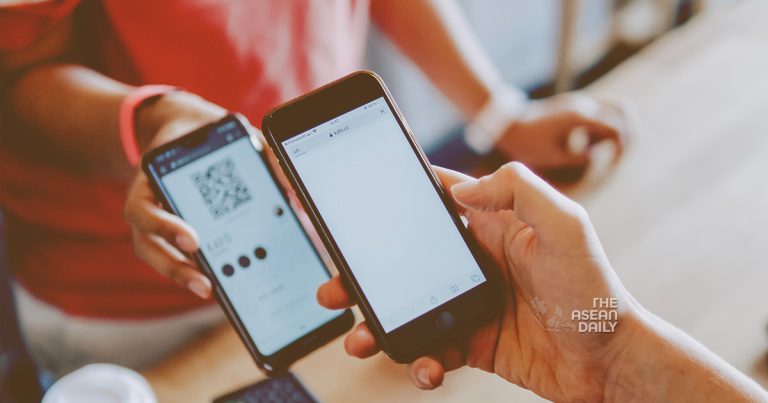18-3-2024 (SINGAPORE) Beginning in 2025, Japan and the Association of Southeast Asian Nations (ASEAN) are set to harmonize QR code payments, as reported by Vietnam News Agency (VNA) citing Japan’s Ministry of Economy, Trade and Industry (METI).
This strategic move aims to streamline transactions between these nations, eliminating the inconvenience of currency exchange, particularly for tourists, stated the METI representative. Discussions are currently underway with governments and central banks across various countries, notably those within Southeast Asia.
The Cashless Promotion Council is expediting the establishment of a payment infrastructure that links domestic and international services, with completion expected by 2024.
Presently, QR code payment services are provided by several businesses in Japan, such as Paypay and Rakuten Pay. However, users are restricted to online payments for registered services only.
The forthcoming system seeks to overcome this constraint, empowering consumers to make payments for any service as per usual.
In 2022, five ASEAN nations—Singapore, Indonesia, Thailand, Malaysia, and the Philippines—signed a memorandum of understanding on payment integration, initiating collaboration across various domains.
Japan intends to commence negotiations with ASEAN member states to implement this service between Japan and ASEAN imminently. According to METI’s latest figures, non-cash payments in Japan totalled approximately 111 trillion Japanese yen (equivalent to approximately US$750 billion) in 2022, with QR codes and other codes constituting a mere 2.6 percent.
In stark contrast, digital payments in six prominent Southeast Asian countries soared to US$858 billion in 2022. Digital payments, including QR codes, accounted for 28 percent of total payments in Indonesia and 23 percent in Thailand, as per a survey conducted by Fidelity National Information Services (FIS), a US-based financial services company.




